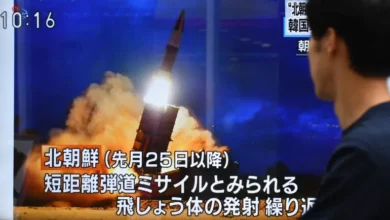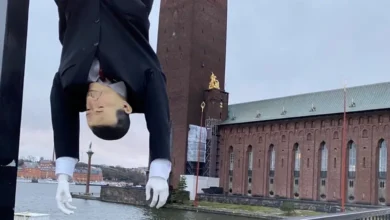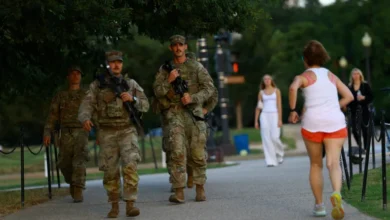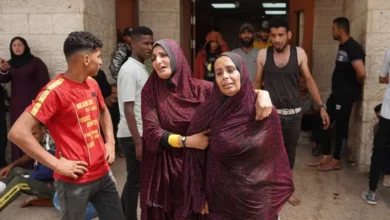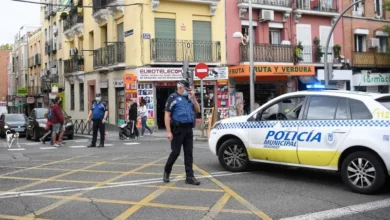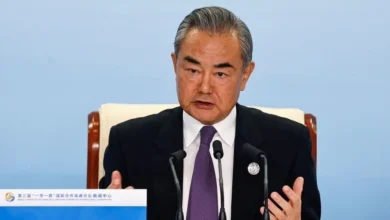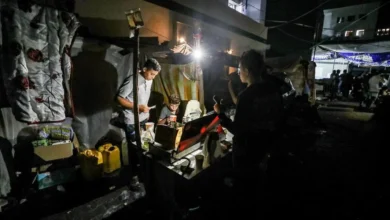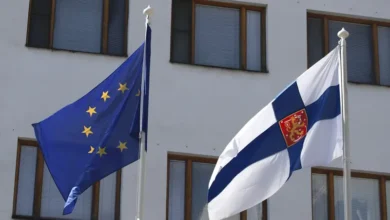‘Stop this horror,’ UNICEF chief says on visit to Gaza
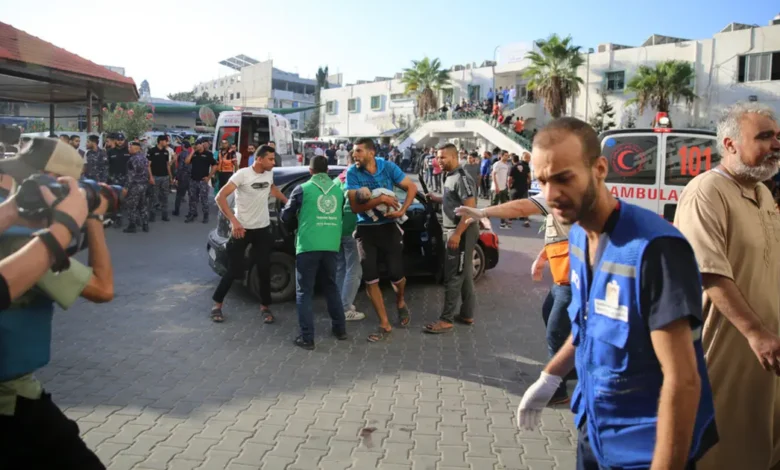
The head of the UN children’s agency said Wednesday she had witnessed “devastating” scenes on a visit to war-ravaged Gaza and urged Israel and Hamas to “stop this horror.”
“What I saw and heard was devastating. They have endured repeated bombardment, loss and displacement,” UNICEF’s executive director Catherine Russell said, describing a rare visit to the Palestinian territory by a top UN official.
“Inside the Strip, there is nowhere safe for Gaza’s one million children to turn,” Russell said in a statement.
“The parties to the conflict are committing grave violations against children,” she said.
“These include killing, maiming, abductions, attacks on schools and hospitals, and the denial of humanitarian access – all of which UNICEF condemns.”
Israel vowed to destroy Hamas in response to its attacks on October 7, which it says killed an estimated 1,200 people, mostly civilians. Another 239 people were taken hostage.
The Hamas-run health ministry in Gaza says Israel’s ensuing aerial bombardment and ground offensive have killed 11,320 people, also mostly civilians.
Russell pointed out that more than 4,600 of those killed were children, while nearly 9,000 have reportedly been injured.
“Many children are missing and believed buried under the rubble of collapsed buildings and homes, the tragic result of the use of explosive weapons in populated areas,” she said.
“Meanwhile, newborn babies who require specialized care have died in one of Gaza’s hospitals as power and medical supplies run out, and violence continues with indiscriminate effect.”
Russell reiterated her call “on all parties to ensure that children are protected and assisted, as per international humanitarian law.”
“Only the parties to the conflict can truly stop this horror.”
Russell called for “an immediate humanitarian ceasefire” and for the rivals “to safely release all abducted and detained children.”
She also demanded that the two sides “ensure that humanitarian actors have safe, sustained and unimpeded access to reach those in need with the full range of lifesaving services and supplies.”
Russell said she had visited the Al-Nasser hospital in Khan Yunis where she met with patients and displaced families seeking shelter and safety.
“A 16-year-old girl told me from her hospital bed that her neighborhood had been bombed. She survived but doctors say she will never be able to walk again,” she said.
Russell said she had also met with UNICEF staff who were “continuing to deliver for children amidst the danger and devastation.”
She said the organization was striving to continue to deliver aid, “but diesel fuel has practically run out, causing some hospitals and health centers to stop functioning.”
“Without fuel, desalination plants cannot produce drinking water and humanitarian supplies cannot be distributed.”

